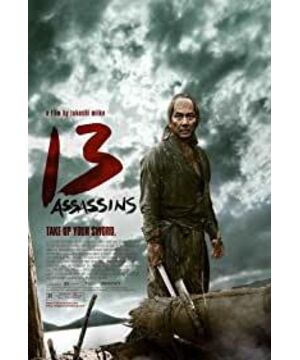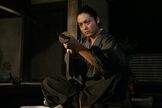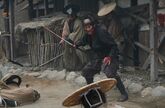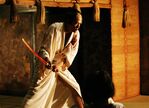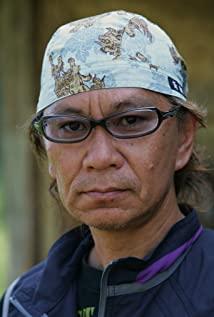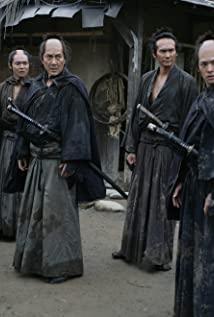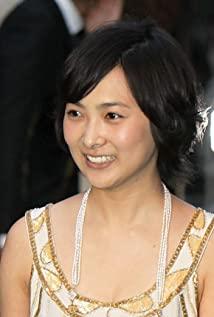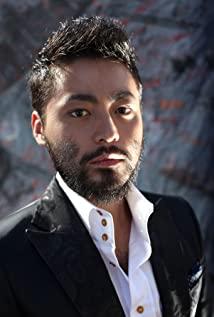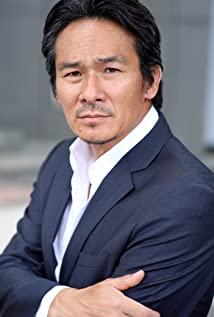Like a samurai kill, the film's narrative is concise and powerful.
The opening cesarean section determines the bloody tone of the film.
People with no limbs, beheaded, blood plasma, and women in the whole village were fucked.
The director's bad taste makes the whole film both sensual and exciting, without losing the seriousness of the film.
This is probably due to the director boldly symbolizing the characters and omitting the deep shaping.
Therefore, in the first half of the film, it can quickly explain and enter quickly (such as the establishment of the brutality of the tyrant, the gathering of the assassination team, etc.)
And all the things that really need to be expressed are put in the second half-that is, the killing scene.
It was only here that I discovered that the tyrant was the real protagonist.
Although he has shown his cruelty and tyranny before, in film and television works, he is just a simple villain.
And after the massacre of the post station began, we began to see his inner self.
For example, his attitude towards life, in his view, no one's life is valuable except the ruler.
Therefore, even if his subordinates suffered countless casualties in order to protect him, he remained indifferent, and even thought that war is so interesting, and the current peaceful age is simply boring.
So he turned his head and said to the loyal warrior who had been protecting him: "If I become a general, I must start a war."
The samurai looked bewildered.
And at the end, in order to protect him, the loyal minister and warrior stepped forward with a knife to fight against the enemy, but in exchange he only said: "One-on-one, it's fair."
In the end, the loyal minister was beheaded, his head rolled under his feet, and he kicked it away like a ball.
Speaking of this, we can recall why the background explanation at the beginning should be specially added: "This story happened 100 years before the atomic bomb exploded."
A tyrant like Matsudaira Qi Zhao ignores human nature and cannot see the preciousness of life.
He believes that "the strong eat the weak" is normal, and believes in a strange set of values: "Samurai should die for their masters, and wives should die for their husbands." For him, the common people should be ruled by rulers, and the life and death of commoners should not be compromised. Not in the hands of the civilians themselves.
If he wants to kill, he will kill, if he wants to rape, he will rape, and when he has more power, he can start war.
This does not indicate that Japan's future militarism has already sprouted at this time.
When human life is no longer respected, war becomes a game-like pastime.
This inescapable concept will eventually lead to its demise.
Therefore, the fall of the two atomic bombs in World War II was actually doomed as early as the Edo period.
The tyrant ended up being beheaded too, and the head rolled into the cesspool. What is intriguing is that in the end, the tyrant was stabbed with a knife, and the whole person fell and struggled in the mud, shouting: "It hurts, I'm so scared."
Pain evoked his human senses, but it was probably the only thing he had left, the same as a normal person.
In addition, there are many things that can be explained in detail in the film, such as the director's reflection on Bushido, the scene scheduling of the killing battle scene, the handling of the action scenes, the scenes of the bandit, and so on.
But I personally think more about the tyrant part, and I won't talk about other places, I'm lazy.
View more about 13 Assassins reviews


